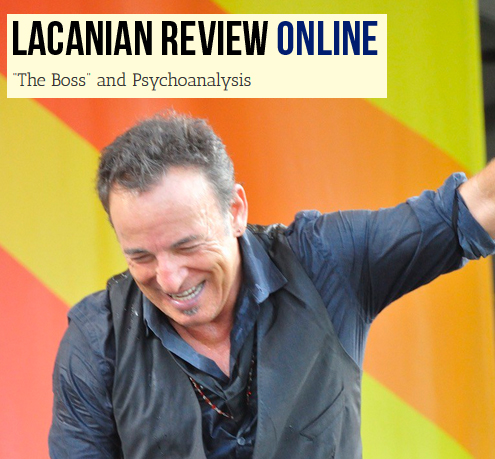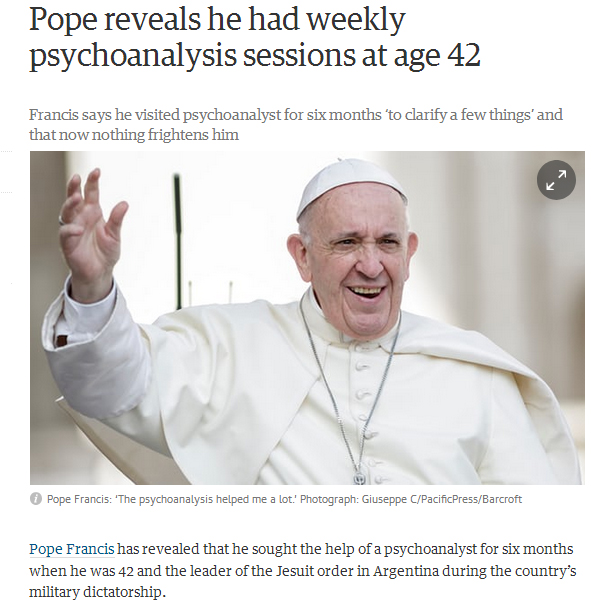
Thomas Svolos writes in The Lacanian Review [read the whole article here]:
“In the United States, many Americans within a generation or two of my age—meaning, many Americans—recognize the musician Bruce Springsteen as “The Boss.” Springsteen’s songwriting, his lyrics, and his marathon, high energy concert performances have, for decades, attracted fans across the country, critical and popular acclaim, and enormous success. He has been at the very top of the pop/rock music industry.
Springsteen recently published an autobiography, titled Born to Run, named after his 1975 breakout album. I recently read this book and was immediately struck by the high level of awareness in his writing. To me, his songs have always been straight up with a lyrical quality to them that, however, could have easily fallen flat, but—coming through in the songs and in his performances—Springsteen’s internal sensitivities and external perceptiveness elevate them to something very special in the pop/rock world. This same quality of awareness comes through in the book as well, especially the first half or so up to his achievement of fame and major recognition. Indeed, he spends a lot of time very carefully describing his background growing up in a tough, blue collar part of New Jersey with a stern and difficult father and the way in which he struggled to find both personal and professional identity (a word he uses often) and in which he developed his passion for the guitar, for playing music, and eventually for singing and writing. He writes with this great awareness for what he is experiencing internally, as it were, and also the ways in which his relationships and the world he grew up in impacts his playing, the ways in which he works with his various groups, and the very themes of his songs and albums. One thing he emphasizes is the very determined desire he had—his ambition for himself and for his music.
At one point, he has made it, achieved some serious recognition, and decides that he will travel across the United States—take a road trip—with a close friend. Driving across Texas, he stops in a small town, watches the small town dance and celebrate one evening, and this, he writes, brings on a deep sense of dread and anguish—”a deeper anxiety than I’ve ever known.” Springsteen is paralyzed. He talks about being, at that point in his life, forced finally to confront something that he had been defending against all his life (“the defenses I built… outlived their usefulness”), something that his passion, his ambition, and his desire was shielding himself from—something he allusively describes through the book as darkness, depression—what strikes me as some piece of the Real. And, at that point in the book, some 300 pages in, he writes that he sought out counsel from his manager, a friend, who finds a professional for him to see in California, and that he is eventually referred to Wayne Myers, a New York psychoanalyst. He writes that he saw his psychoanalyst for twenty five years: “The results of my work with Dr. Myers and my debt to him are at the heart of this book.”
[read the rest of the article here]…

